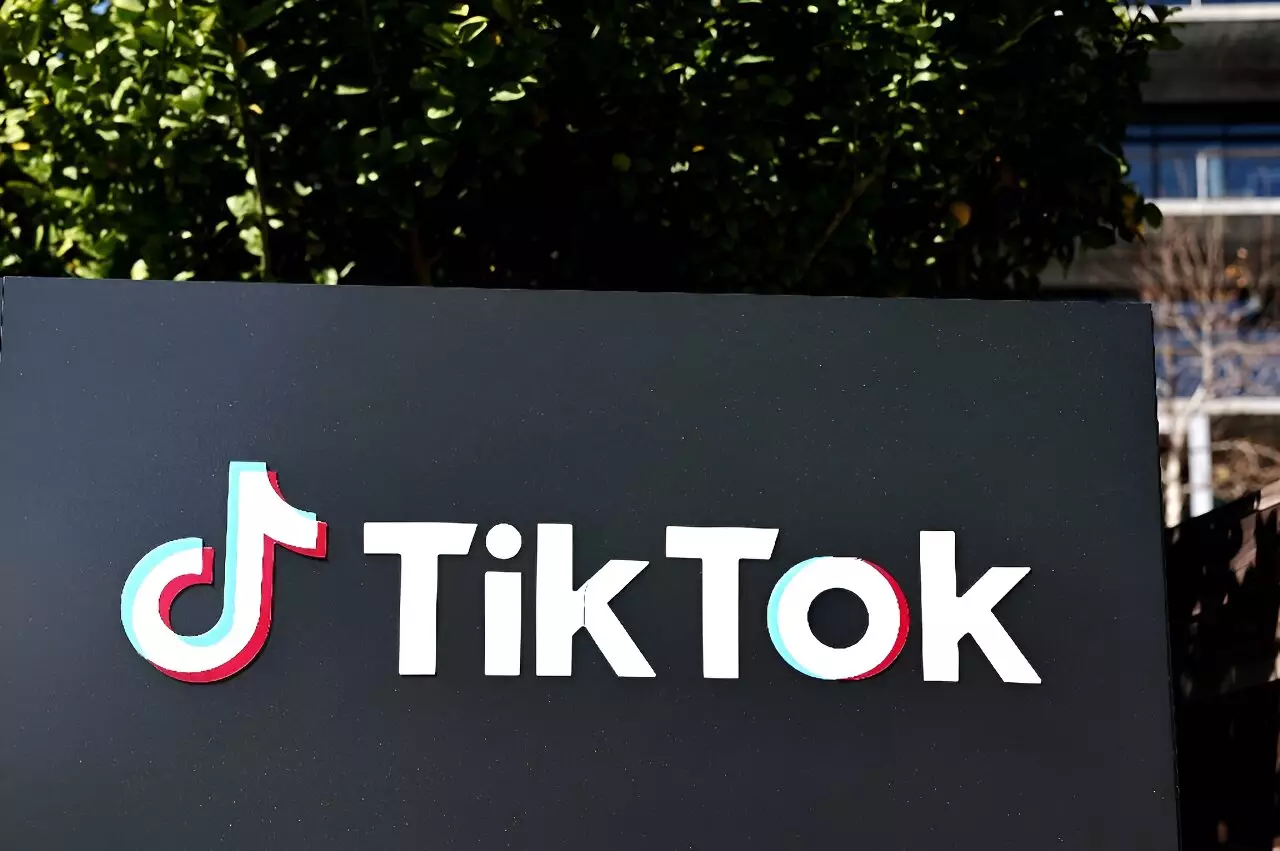TikTok creators have expressed their dismay and frustration regarding proposed legislation that could potentially lead to the ban of the popular social media platform in the United States. The House of Representatives has passed a bill that would require TikTok to sever ties with its Chinese parent company or face being banned due to its alleged connections to the Chinese Communist Party. This move has sparked controversy among TikTok creators, who argue that the decision lacks common sense and overlooks the platform’s significant impact on digital media and marketing.
Ariella Elm, a political activist and TikTok creator with a substantial following, criticized the bill, highlighting the fact that other influential figures like Elon Musk are not facing similar scrutiny. Elm emphasized the widespread negative response from TikTok users, indicating that the proposed legislation is met with disapproval and opposition. Fellow TikTok creator Nathan Espinoza, known as ‘beowulftiktok’, expressed his disbelief at the potential ban, noting that lawmakers fail to grasp the magnitude of the issue at hand.
TikTok Defends its Independence
TikTok has vehemently denied allegations of being influenced by the Chinese government and has emphasized its commitment to providing a platform for diverse voices and opinions. Despite lawmakers’ claims of Chinese propaganda on the platform, creators like Espinoza argue that TikTok has served as a space for political representation from various perspectives. The platform’s role in fostering community engagement and offering a unique marketing platform for businesses further underscores its significance in the digital landscape.
Impact on Users and Community
Several TikTok creators, including lifestyle content creator Steven King and Juicy Body Goddess account owner Summer Lucille, highlighted the platform’s value in providing real-time information and a sense of community. The potential ban of TikTok in the U.S. would have far-reaching consequences for millions of users, ranging from politicians to entrepreneurs, who rely on the platform for content creation and engagement. Creators like Espinoza believe that the younger demographic, who are avid TikTok users, will protest against the ban through political channels.
While some TikTok users are in favor of legislation that safeguards national security and addresses addiction concerns associated with social media use, others like Victor Pelatere and Annmarie Fitzgerald expressed mixed sentiments. Pelatere acknowledged the addictive nature of TikTok and its potential negative impact on attention spans, suggesting that banning the platform could be beneficial. Conversely, Fitzgerald reflected on the platform’s absence in the past and the possibility of coping without it if necessary.
The proposed legislation targeting TikTok has ignited a debate among creators and users regarding the platform’s future in the U.S. While concerns about national security and addiction are valid, TikTok’s cultural significance and role in facilitating diverse content cannot be overlooked. The outcome of this legislative action will undoubtedly shape the digital landscape and social media environment for years to come.


Leave a Reply